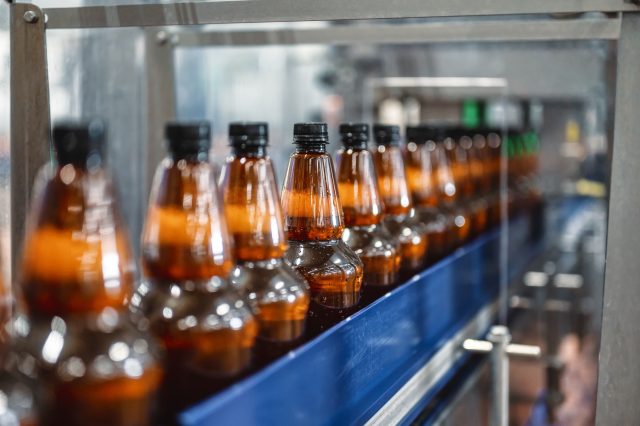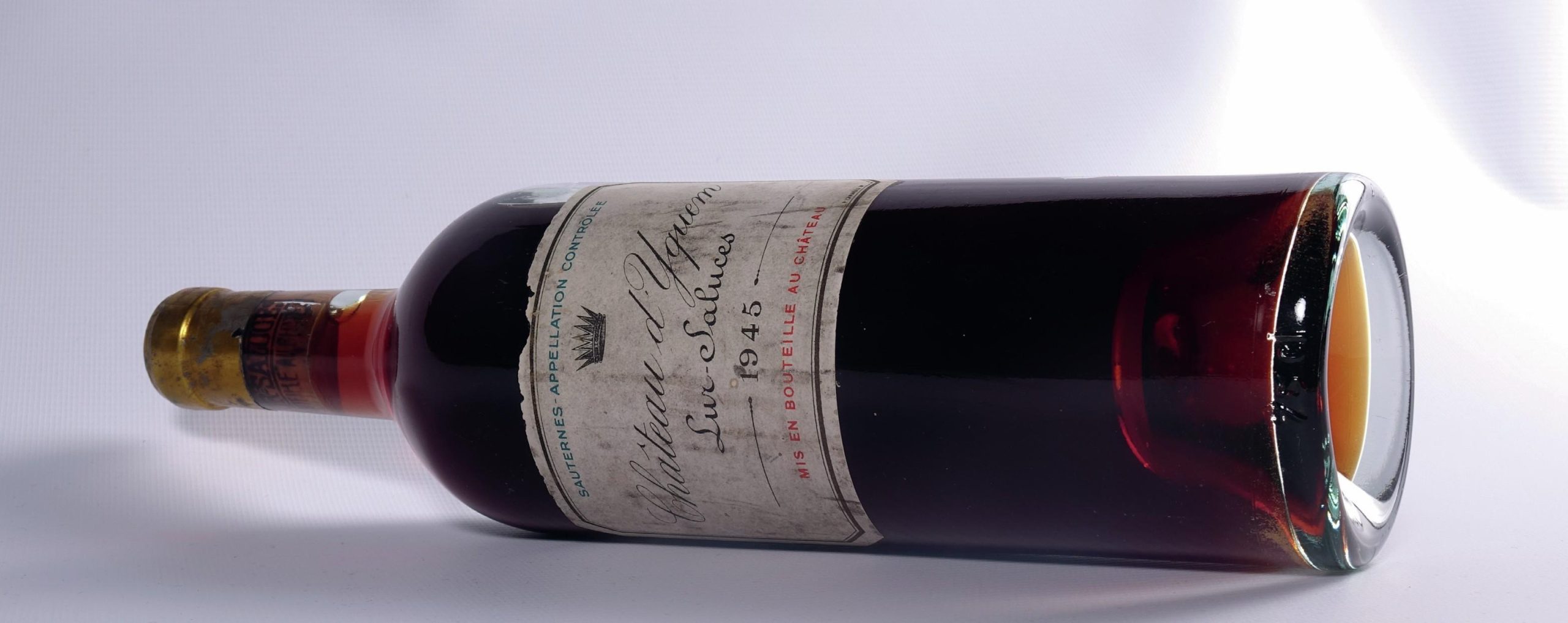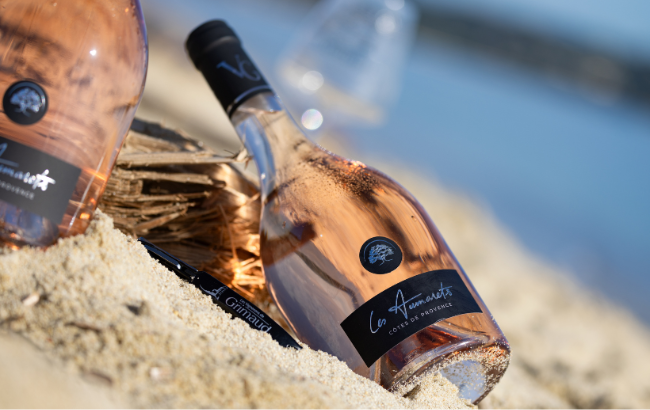How plastic packaging can de-value perceptions of quality
Brand owners are being urged to embrace plastic-free packaging to avoid damaging the planet while also de-valuing their quality credentials.

According to Deloitte’s 2022 report on ‘Sustainability and Consumer Behaviour’, in the last 12 months, approximately 75% of consumers have recycled or composted waste whilst 64% of consumers have limited just how much single-use plastic they use.
However, despite notable changes in planet-friendly consumer behaviour, there are still amendments brand owners need to make to put the removal of plastic on the agenda.
Luxury packaging provider Delta Global’s founder Robert Lockyer said: “Data such as this is proof that consumers’ needs and wants are changing, and it’s down to brands and businesses to ensure that these are being met. If a consumer is actively avoiding using single-use plastic, but a brand is continuing to ship products using exactly that, then they’re not only going to lose customers, but they are simply de-valuing their brand.”
Lockyer explained: “A brand could provide the very best service or the highest quality product, but if they aren’t ethical, sustainable or at least recognised as trying to be, then the quality recognised elsewhere becomes obsolete.”
Partner Content
He added: “If a brand isn’t making those necessary changes to become more sustainable, or isn’t working towards a specific target, this is what it will become known for – irrespective of how popular or loved the products are.”
73% of consumers admit that they are willing to pay more for sustainable packaging, a number that reportedly rises to 83% among younger buyers
Other brands are innovating with fibre for secondary packaging. For instance, a recycled barley-straw six pack holder was introduced for the Corona beer brand and Saltwater Brewery based in Florida introduced an eco six pack ring called an E6PR, which has since been rolled out to a broad sweep of drinks companies to also use for their wares.
But change needs to happen at a faster pace, because, according to Lockyer, what we are now witnessing are “entire brand perception and reputation changes, which can have a significant impact on business performance”, hinting that, despite advancements, there are still brands out there “not doing their bit and should speed up the process of becoming more sustainable” and warned: “if they don’t, they risk being left behind, losing valuable consumers and therefore, business”.
Related news
Liv-ex: AI will 'filter out the noise' to provide more relevant fine wine data




